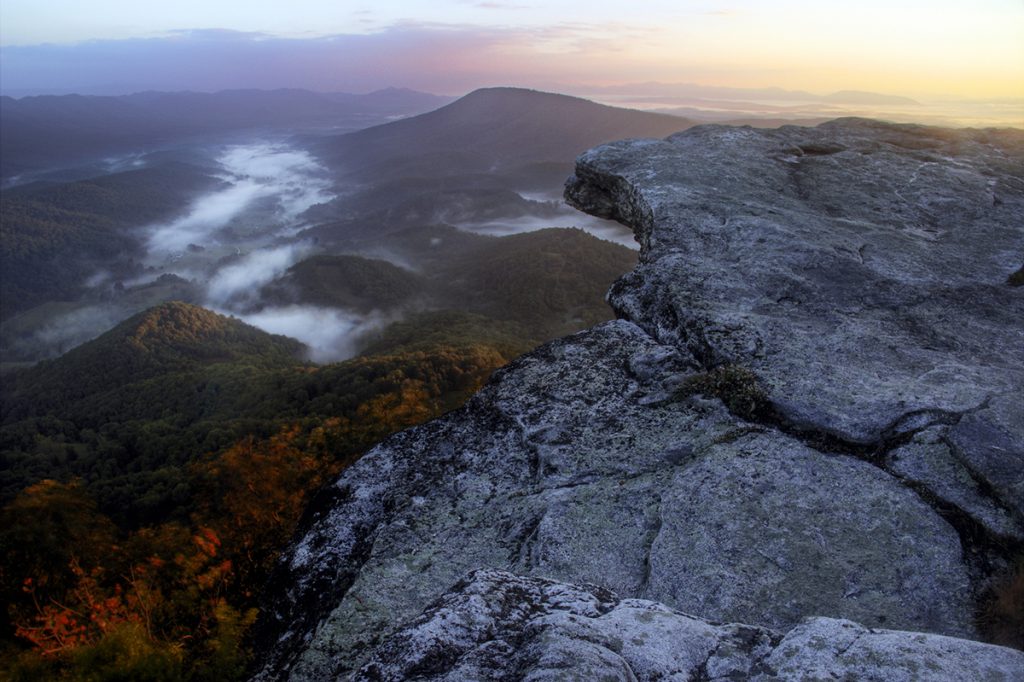Progym: Narrative
There is in Europe another popular snobbery, about the parochialism of America, the unsophistication of its taste, the limit of its inquiry. This, we’re told, is proved by “how few Americans travel abroad.” Apparently, so we’re told, only 35 percent of Americans have passports. Whenever I hear this, I always think, My good golly gosh, really? That many? Why would you go anywhere else? There is so much of America to wonder at. So much that is the miracle of a newly minted civilization. And anyway, European kids only get passports because they all want to go to New York.
Like most things I think, the truth is somewhere in the middle. A. A. Gill is right — America’s cultural contributions to the modern world have permeated every connected community around the globe. America’s infamy and pain reaches just as far. For all our pride, we should have just as much shame. On the international stage, we needn’t pay attention to the petty insults coming from old Europe that Gill describes. They still rely on us, which means that these insults, ultimately, are empty.
Spending any time at all on defending against these is simply wasted time, and romantic ode’s to America’s greatness often feel empty, like they leave out the deep shame of America’s past and present.

